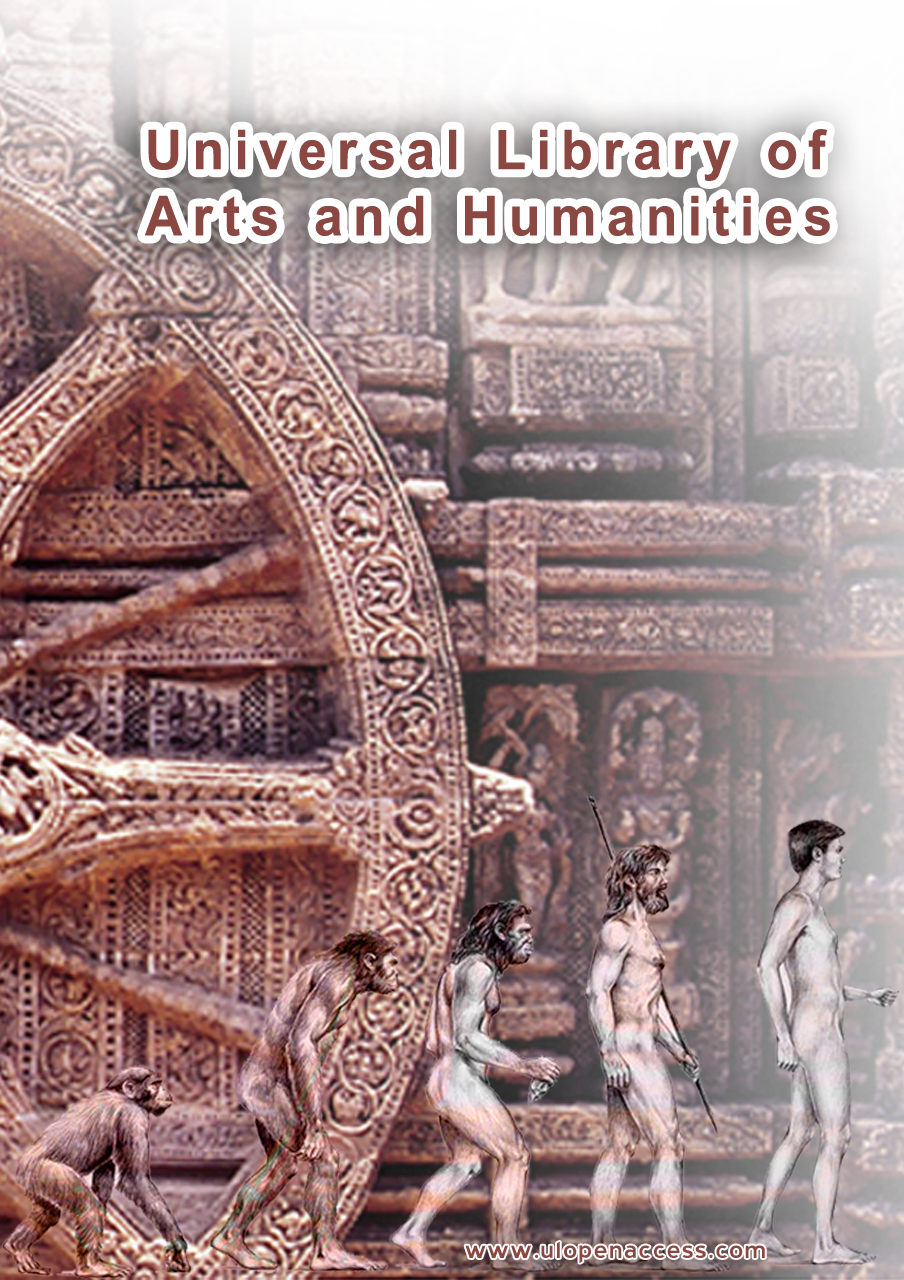Book Review 'The Orchid Project: There Is Still Love’Dr. Uqbah Iqbal Citation: Dr. Uqbah Iqbal, "Book Review 'The Orchid Project: There Is Still Love’", Universal Library of Arts and Humanities, Volume 01, Issue 01. Copyright: This is an open access article distributed under the Creative Commons Attribution License, which permits unrestricted use, distribution, and reproduction in any medium, provided the original work is properly cited. AbstractThe stories in this book are written by mental illness fighters, carers and support groups. The events narrated involve sensitive issues such as attempted self-harm, suicide, sexual harassment, bullying and violent acts. If the reader faces problems related to mental illness or is at risk of being affected by knowing this kind of situation, the reader is not advised to read this book and immediately seek the help of mental health professionals such as psychologists, psychiatrists and certified counselors. Mental illness should not be taken lightly and the lack of knowledge or sharing to deal with this problem has led to an increase in many such cases in Malaysia. The issue of mental illness is not a new issue in Malaysia. However, the increase in cases related to mental health is very worrying. The reason for this increase is possible because many people think that mental problems such as stress, depression, extreme anxiety and so on are only temporary and will pass away. Not many people know what treatment can be taken, the therapy that can be used and the importance of strong support from family members, friends and employers in helping mental patients. This book is the result of the experience of patients who faced mental health problems but managed to overcome these challenges and rise again. All writers who are willing to share their stories and life experiences are not something to be ashamed of but rather a bravery and will be a guide and guideline to other patients who have the same problem. This book can inspire anyone who goes through a similar experience. Keywords: Download |
|---|

